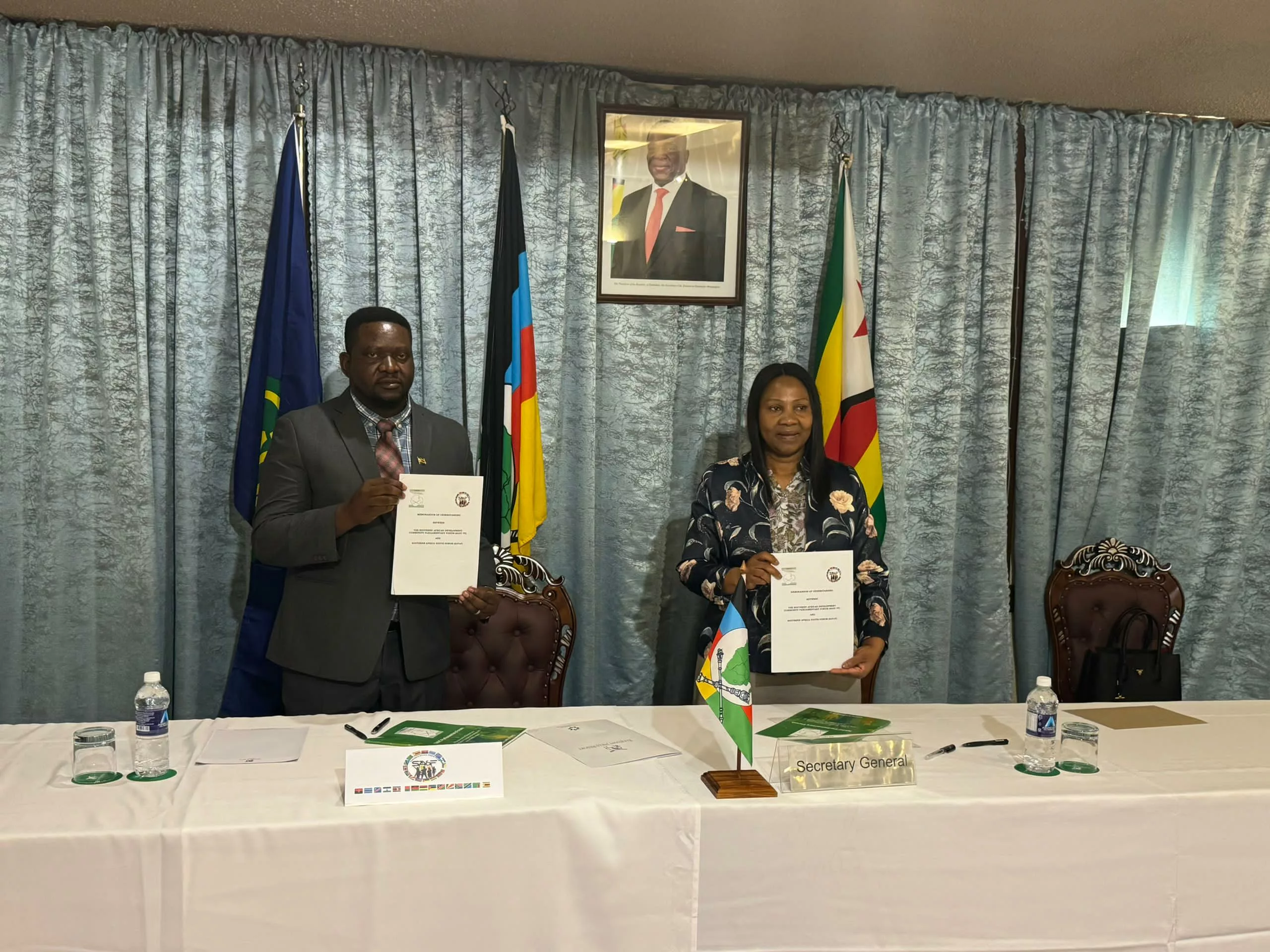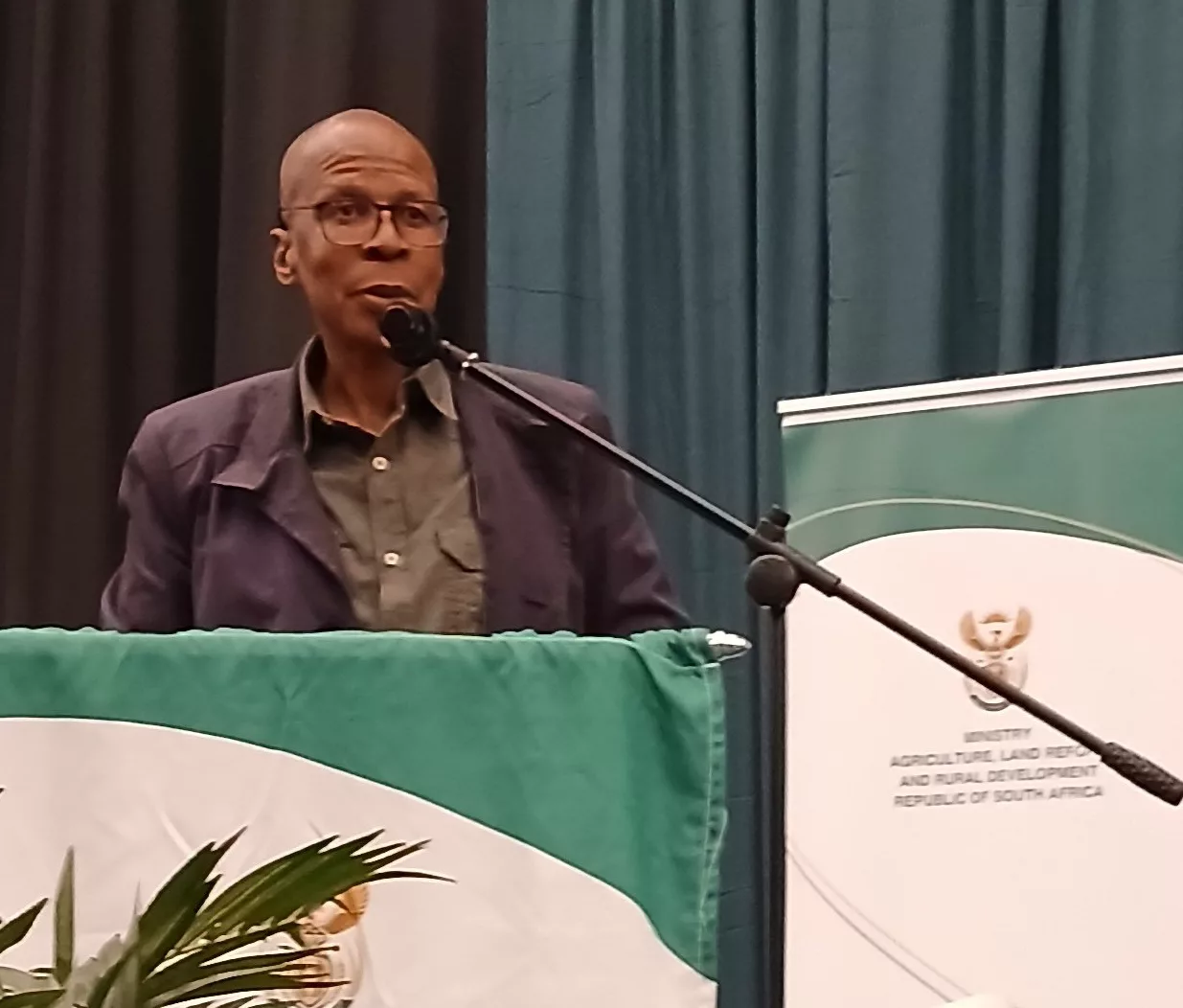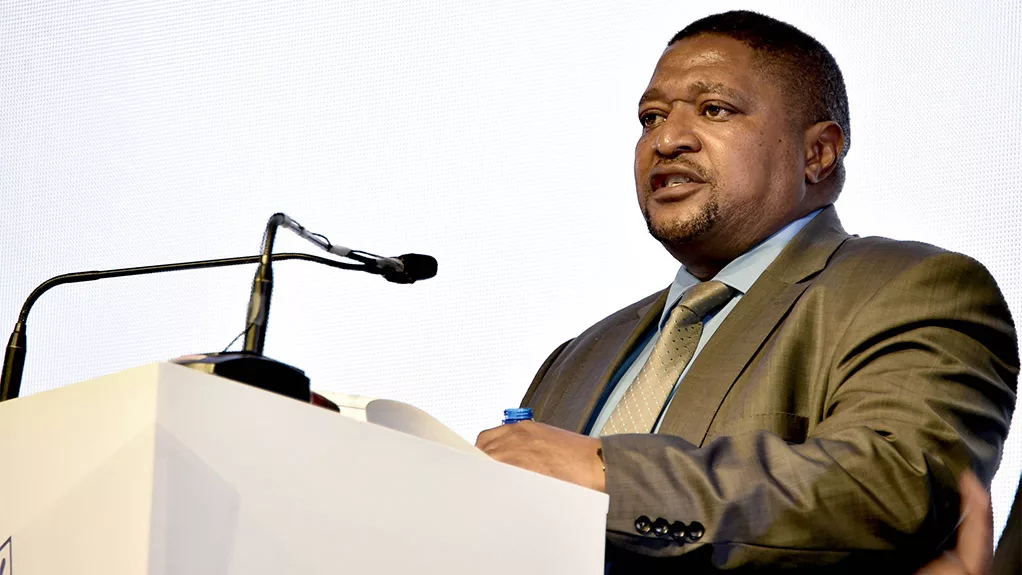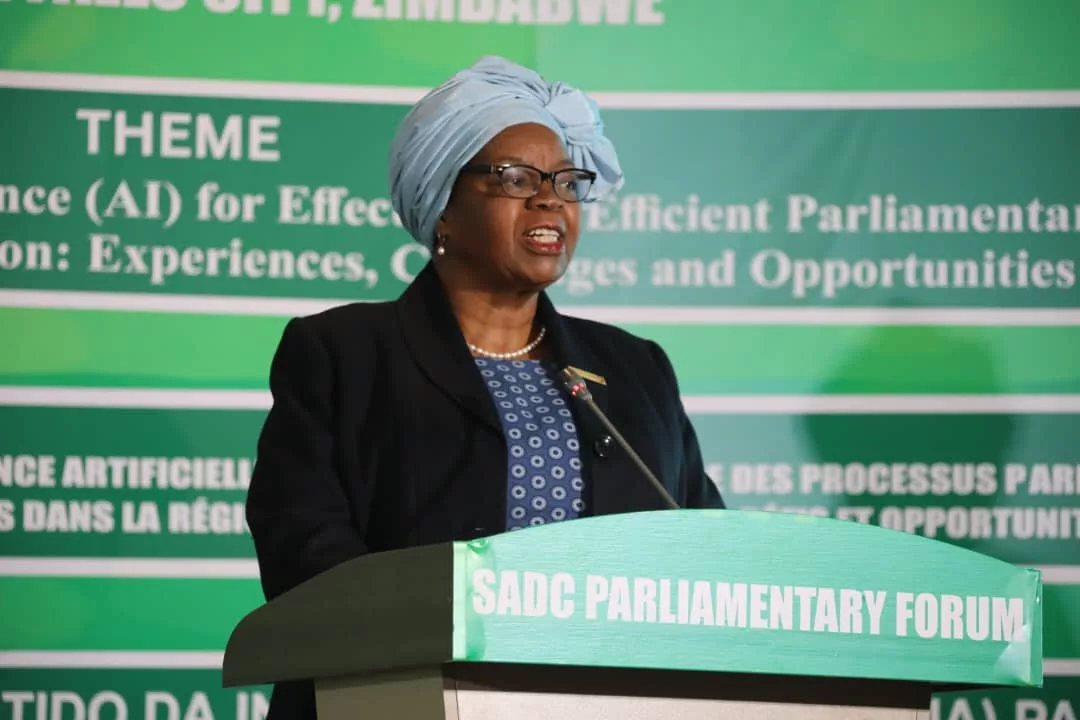By Norma Tsopo
Women have scoffed at the government’s proposal to extend the women’s quota system as a veiled attempt to perpetuate their underrepresentation.
They want it to ensure the constitutionally guaranteed 50/50 gender parity instead.
Women from a diverse background and women’s rights groups spoke in unison on the need for government to implement all the provisions of the country’s constitution before beginning to tinker with it.
Women Coalition of Zimbabwe (Wcoz) questioned the sincerity of the proposed Constitution of Zimbabwe Amendment (No. 2) Bill which was gazetted on 17 January 2020 and presented for a public hearing in Mutare this week.
Wcoz Manicaland representative Cecilia Marova demanded the implementation of the constitution first likening the current effort to reviewing a book one would not have read.
“For all intends and purposes the 2013 constitution is still new, most of its provisions which represents the will of the people have not yet been implemented and tested,” Marova said.
Agatha Chipunza a local resident said there had not been enough effort to implement the 50 percent gender parity and this needed to be attended to instead of extending the women’s quota system by another 10 years.
“The ten-year proposed extension of the quota system will not change anything if we failed to implement the 50-50 gender parity that we ought to have begun implementing at this stage which is more sustainable.
“Government should ensure that this is done instead of this attempt to prolong a stop-gap measure,” Chipunza said.
Susan Manzwi a Mutare resident said the overall effect of the amendments while not amending the Bill of Rights, have serious negative implications on the enjoyment of human rights.
“We are proud with our constitution and we don’t want it tempered with yet until it is fully implemented and tested.
“We stand to benefit more as women if its implemented than to have an extension of the quota system as a trade-off to not having the 50/50 gender parity enforced fully in line with the constitution,” Manzwi said.
Other speakers also shot down the proposal to establish the office of the public protector which they said would not be independent and likely to erode the mandate of the Zimbabwe Human Rights Commission on issues of public maladministration.
Concerns were also raised on the attempt to remove parliament’s power to approve the government’s bi-lateral loan agreements noting that it paralyses its oversight role of the executive on fiscal activities.
The proposed changes to the process of appointing and extending the time of judges in office were considered a threat to judicial independence.






